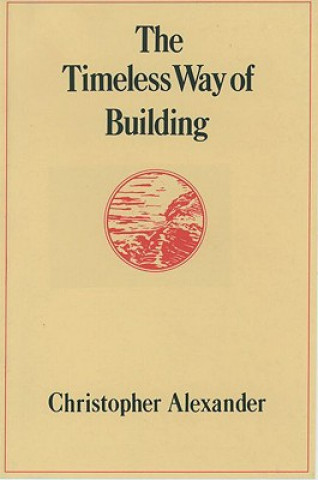The Timeless Way of Programming

Figure 1. The Timeless Way of Building - Christopher Alexander
Many programmers know the name of the architect Christopher Alexander for his work on design patterns that has been adapted into the world of programming. A lot of people know of the, sometimes ridiculed, patterns like strategy (functions!) or visitor (pattern matching!) and some have read the Gang of Four design patterns book that introduced them. A few people know of the Patterns of Software book by Richard P. Gabriel, which is a much more profound reflection on software inspired by the work of Christopher Alexander. And almost nobody has actually read Christopher Alexander's books. (Thanks in advance for reminding me on Twitter that I am mistaken...)
I read Alexander's Notes on the Synthesis of Form a couple of years ago, and used it as one of the sources for ideas in my recent Onward! essay on architecture, design and urban planning, but I did not know his other work. Only recently, after Christopher Alexander died, I finally ordered two books that are most directly about design patterns, The Timeless Way of Building and A Pattern Language.
This post is a somewhat unorganized collection of thoughts triggered by reading of The Timeless Way of Building, including my understanding of Alexander's work, some critical thoughts and on the applications of his ideas to software.
Published: Thursday, 1 September 2022, 2:03 AM
Tags:
academic, research, programming languages, architecture, design
Read the complete article